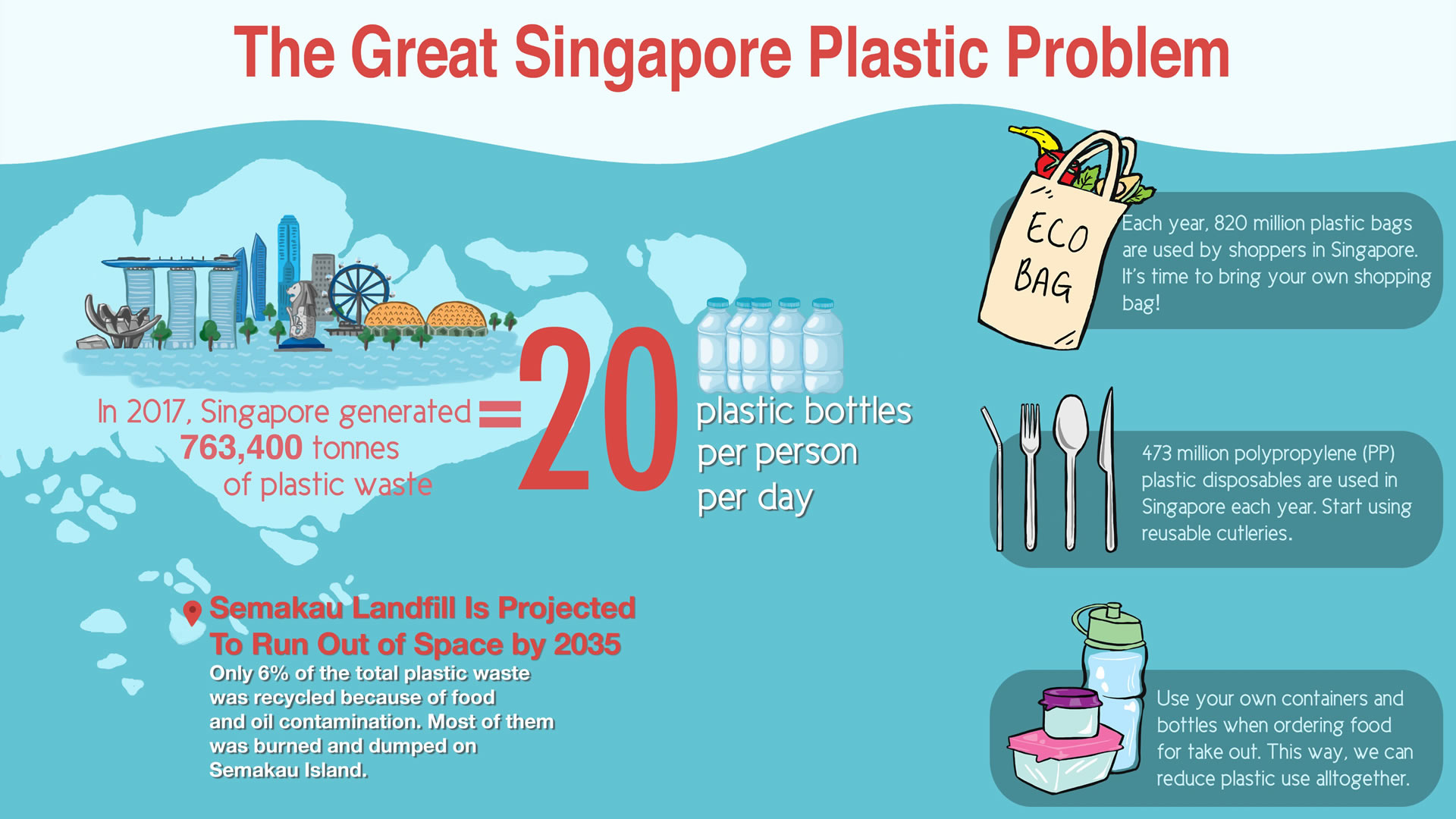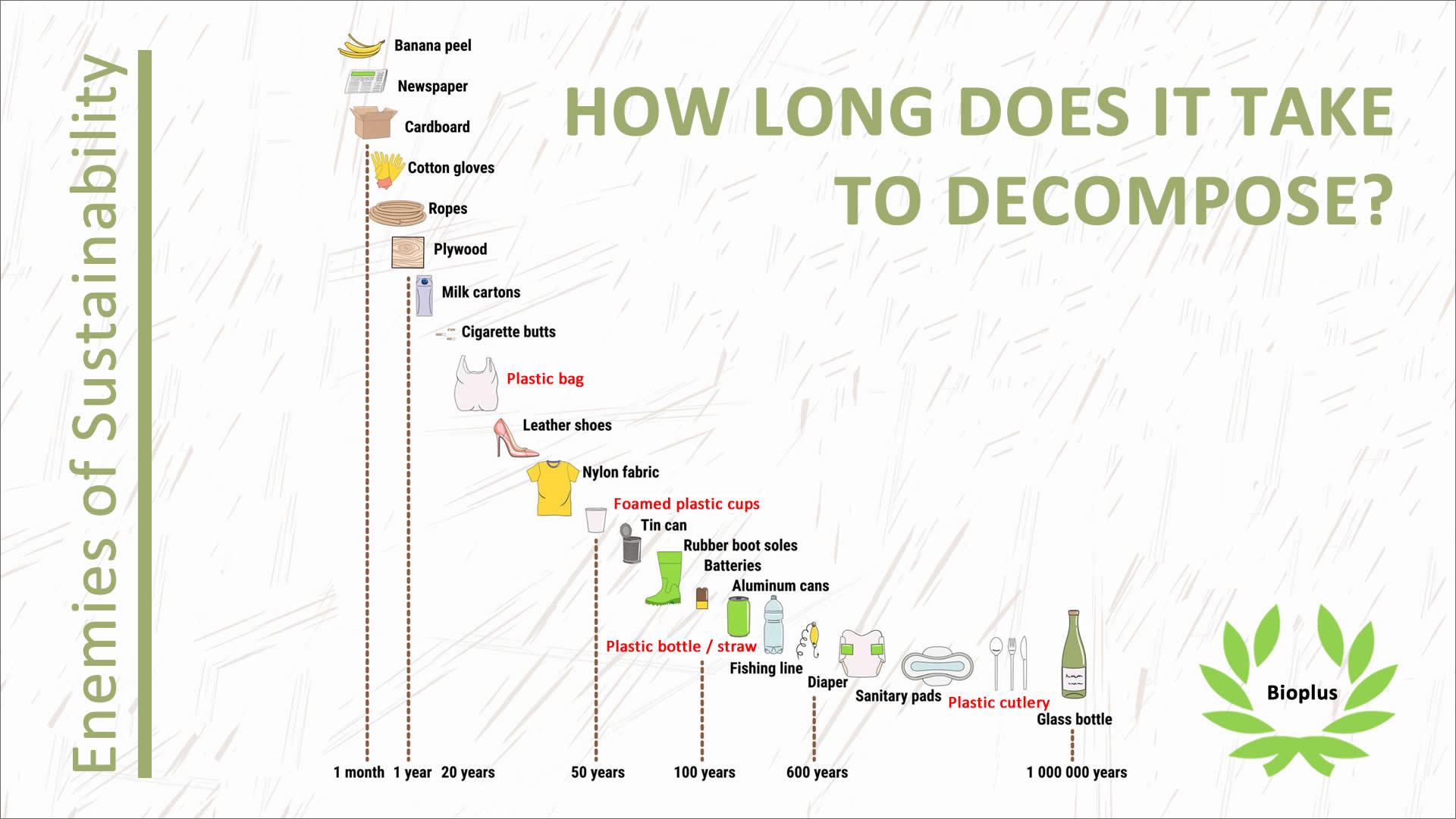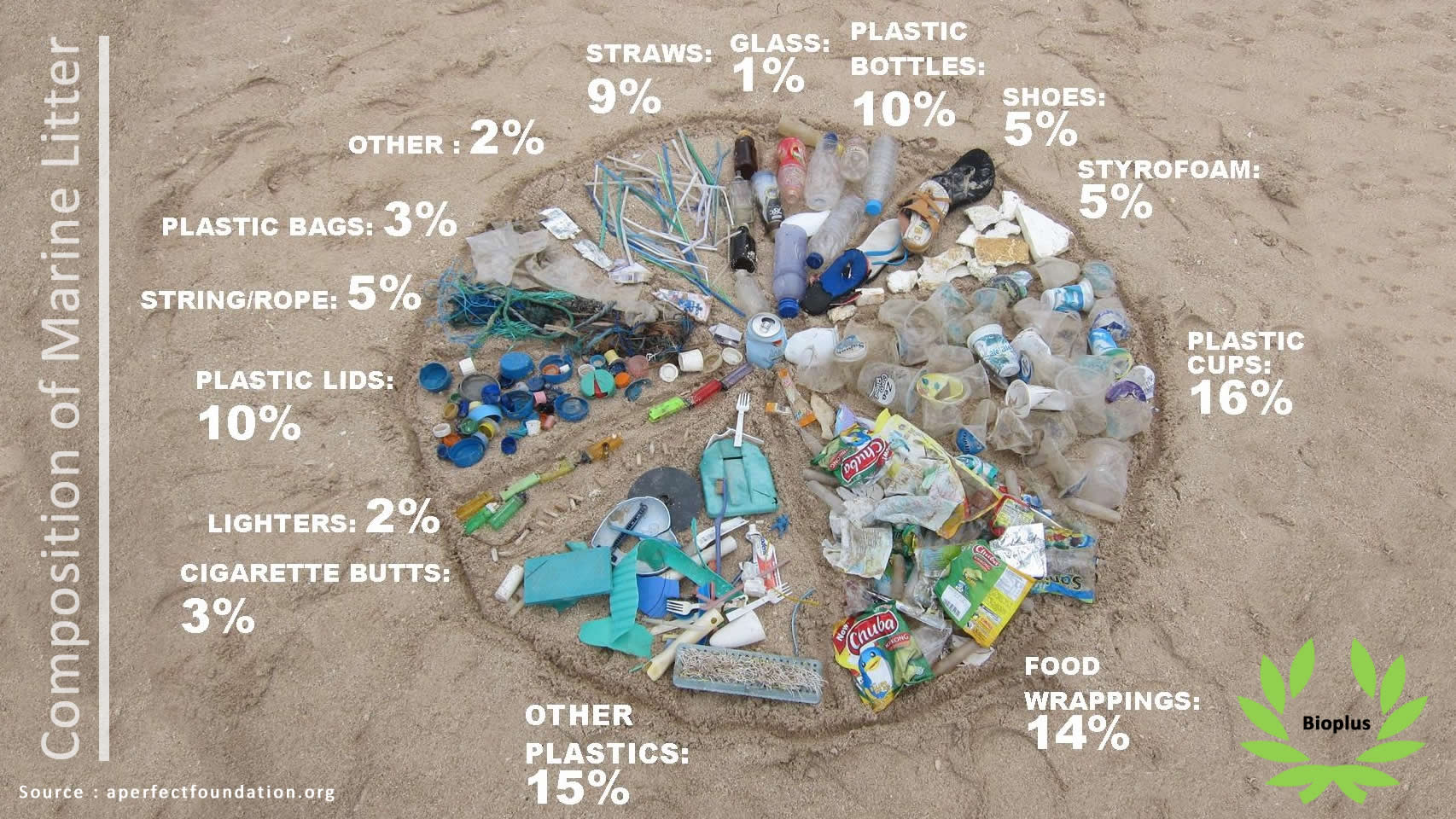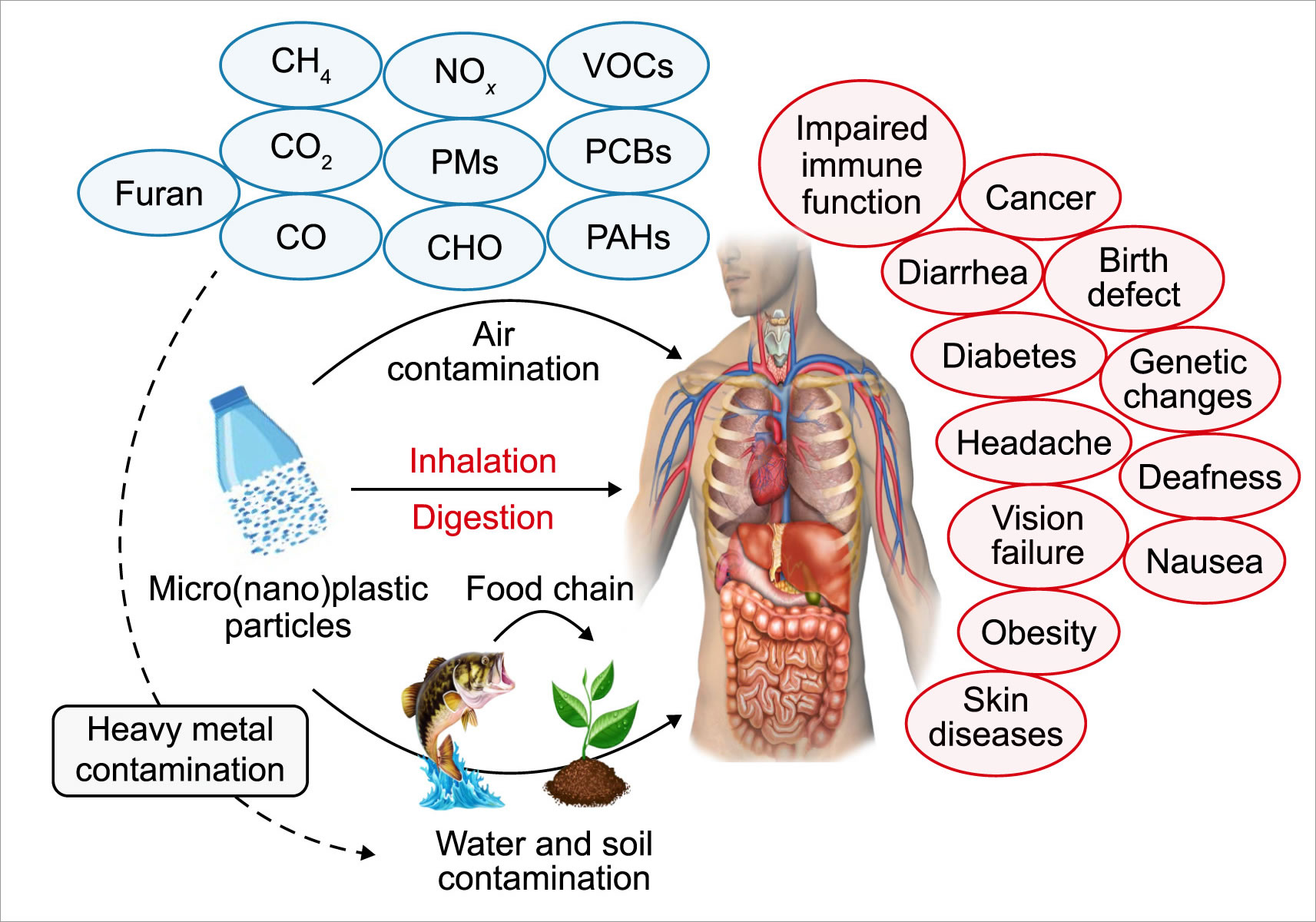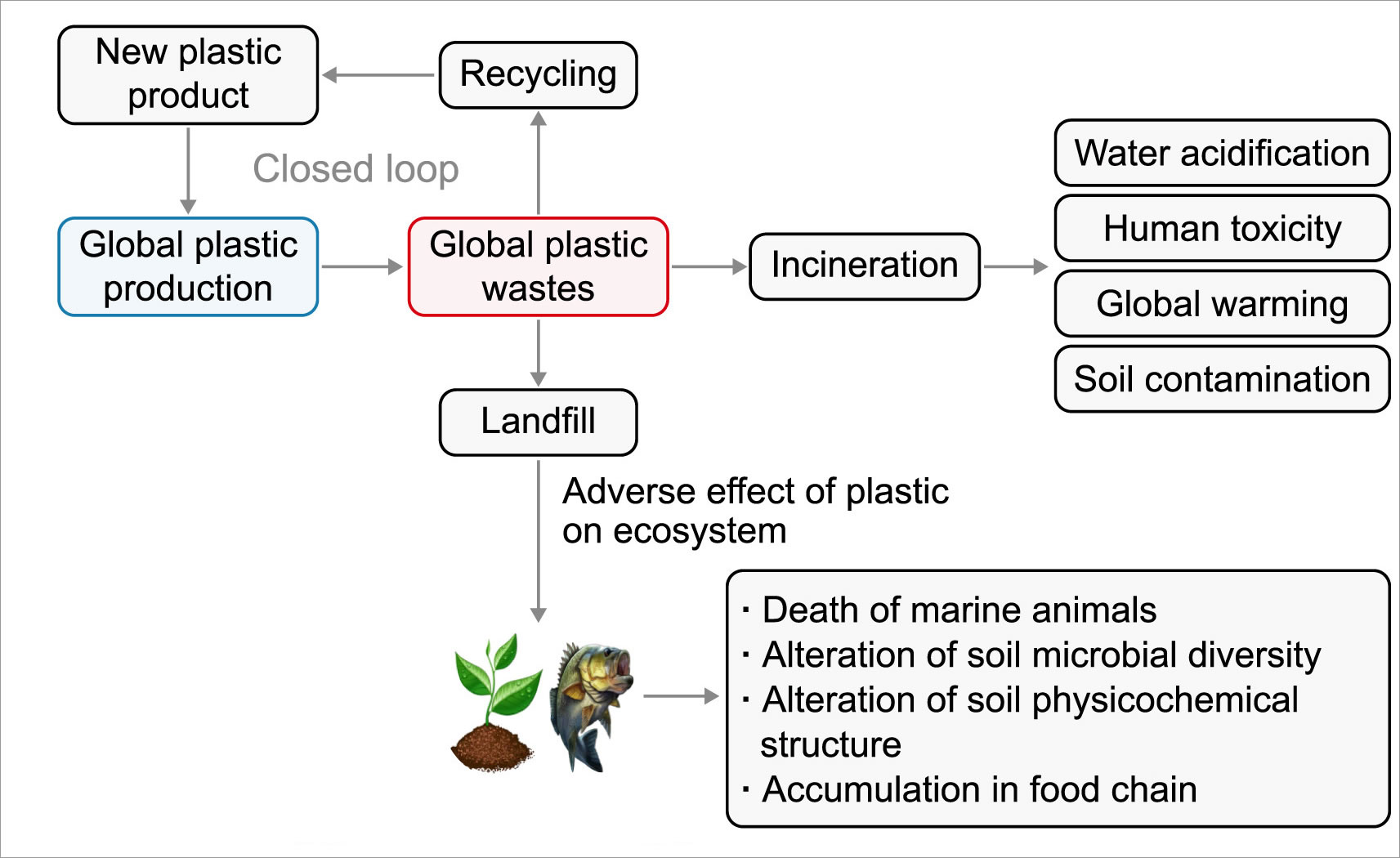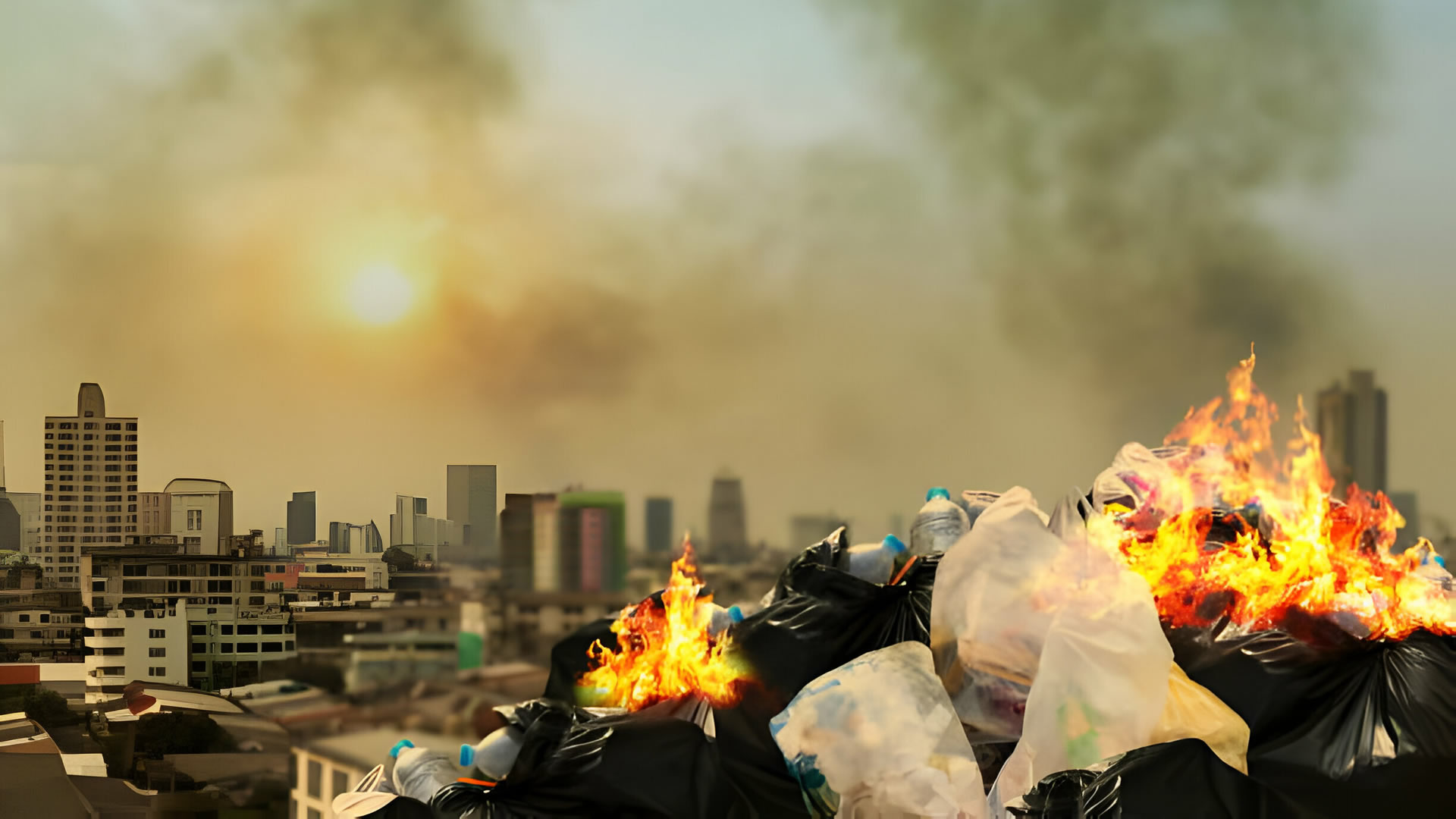Call to Action
The Great Singapore Plastic Problem underscores the pervasive issue of plastic pollution in the city-state, posing significant environmental and ecological challenges.
Despite efforts to promote recycling and reduce single-use plastics, Singapore continues to grapple with high levels of plastic waste generation, impacting marine life, terrestrial ecosystems, and public health.
